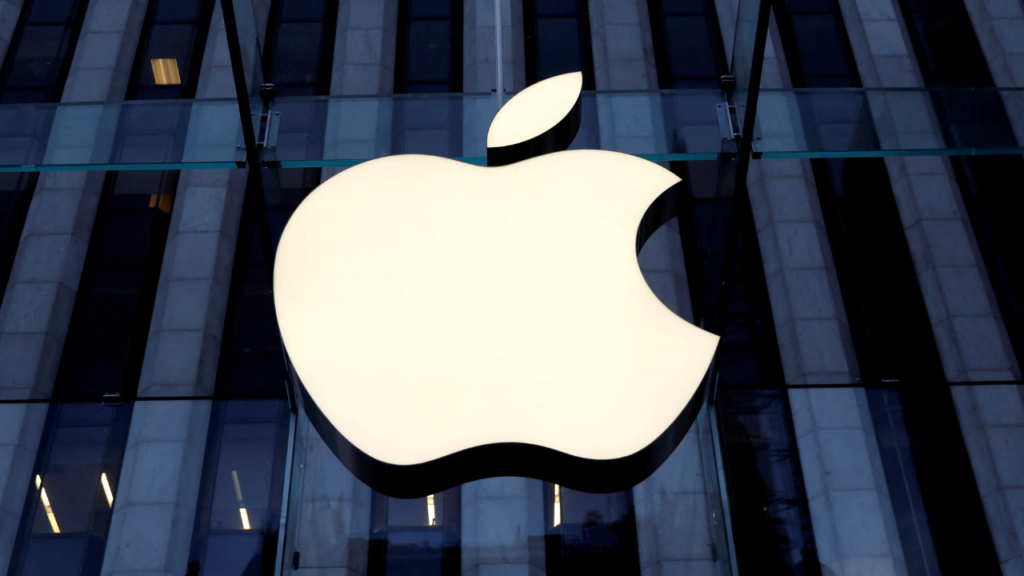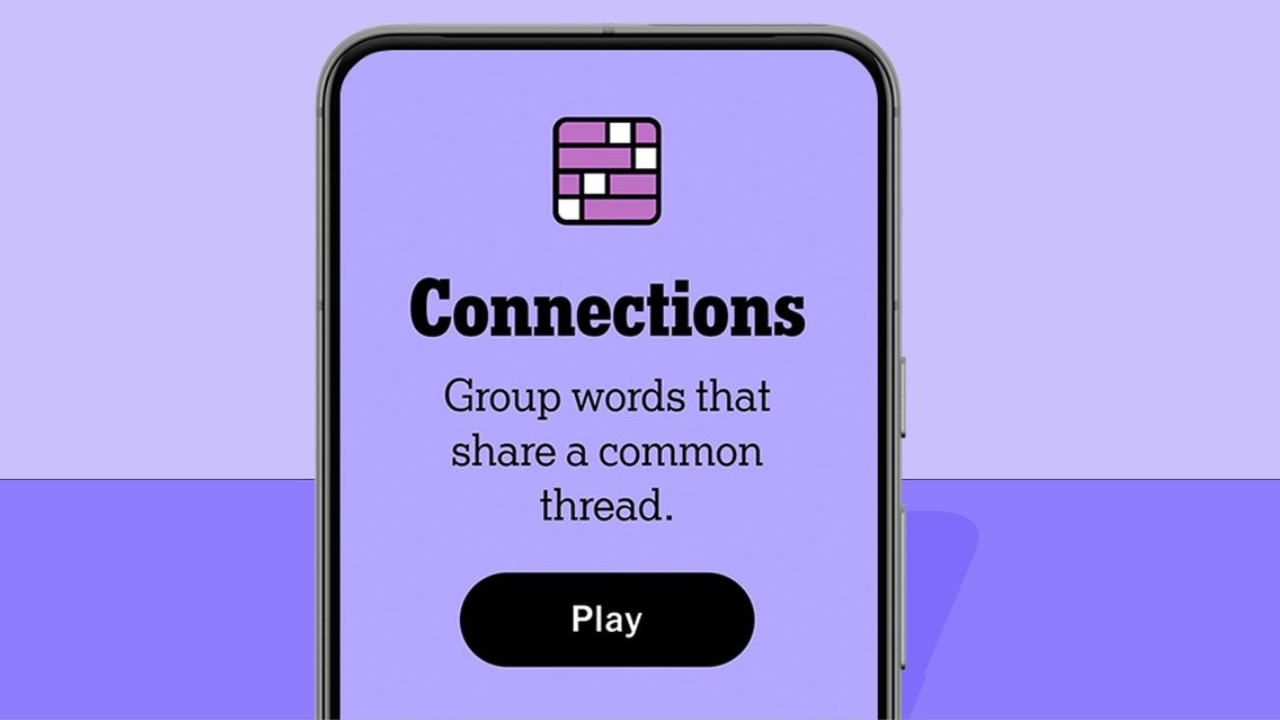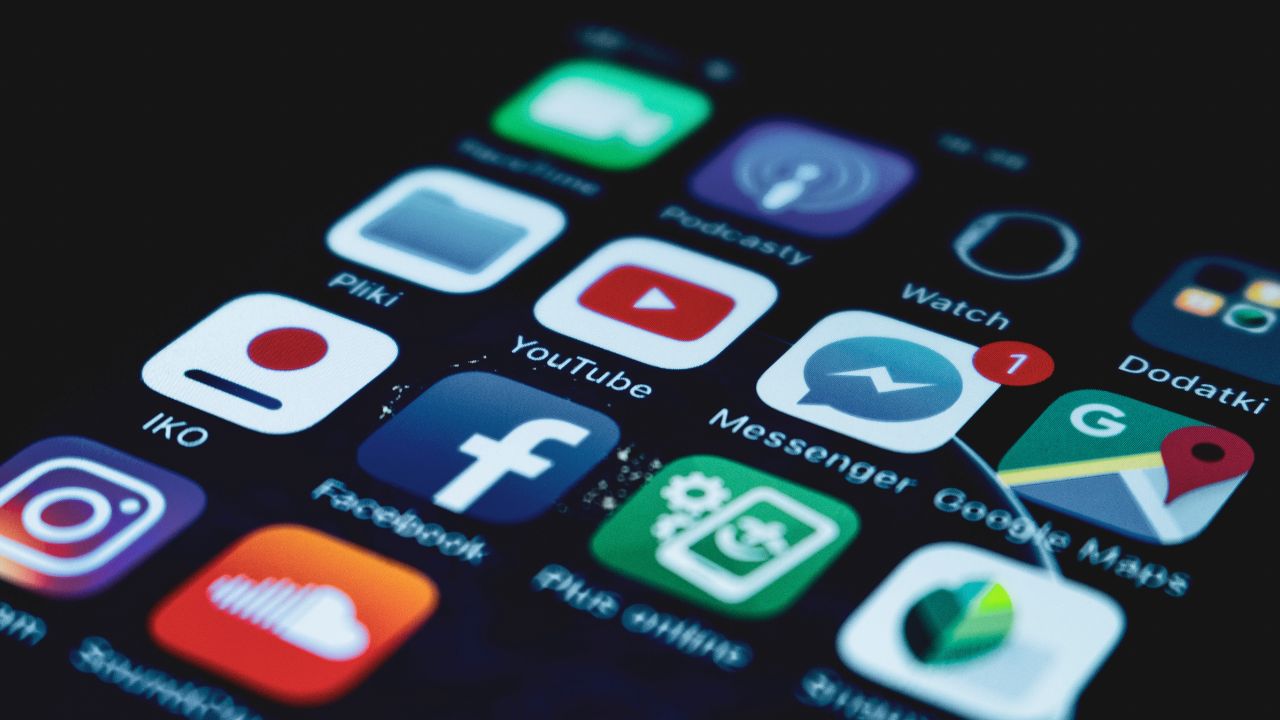Apple is set to unveil its generative AI strategy for iPhones at WWDC 2024, marking a significant moment in the AI landscape.
As Apple COO Tim Cook and his team take the stage at WWDC 2024 on June 10, the focus will be on how Apple plans to integrate AI into iPhone applications like Siri and iMessage. The true highlight, however, will be Apple’s approach to deploying these AI features across its extensive installed base of 2.2 billion iOS devices, with a strong emphasis on trust and privacy.
Trust as a Differentiator
Apple’s commitment to trust and privacy could set it apart in the AI wars. Unlike its competitors, who have faced backlash for hasty AI implementations, Apple is likely to prioritize user trust. “Trust is an essential property for individuals, corporations, and society as a whole. When trust is lost, planning becomes more difficult, and carrying out those plans becomes both riskier and costly,” says Benjamin Kuipers, a professor of Computer Science & Engineering at the University of Michigan.
Recent missteps by Google, OpenAI, and Microsoft underscore the importance of a cautious approach. Google’s AI Overviews search tool had to be retracted due to inaccuracies, and OpenAI faced criticism for a ChatGPT voice that resembled Scarlett Johansson. Microsoft’s Recall feature, criticized for privacy concerns, was also rolled back. These incidents highlight the potential pitfalls of rapid AI deployment.
Apple’s Cautious Approach
Despite criticism for not jumping into generative AI sooner, Apple has a history of cautious tech adoption, with a clear stance on privacy. Anisha Bhatia, a senior technology analyst at GlobalData, notes, “Apple is not on the same AI cadence that Google is, nor is its entire business at stake. So Apple can – and will – approach generative AI cautiously.”
While Google must rapidly integrate AI due to intense competition from OpenAI and Microsoft, Apple’s focus is on privacy and user data security. This approach could give Apple a competitive edge, leveraging its massive iPhone user base to demonstrate the practical benefits of AI in everyday life.
Privacy-Centric AI Integration
Apple plans to integrate generative AI features directly on devices like iPhones and Macs, reducing reliance on cloud processing. This approach enhances user data security, minimizes latency, and reduces costs associated with running AI models in the cloud. Apple’s hardware-software synergy, particularly through its neural engine chips, will enable AI capabilities while keeping sensitive data on-device.
This privacy-centric strategy could redefine how consumers perceive and trust AI. Unlike Google and Meta, which rely on ad revenue, or Microsoft, with its mixed security track record, Apple’s focus on privacy has already earned it a loyal user base. This commitment to privacy will be a cornerstone of Apple’s AI narrative.
The Future of AI at Apple
To scale AI more broadly, Apple may eventually need to adopt hybrid AI capabilities, potentially partnering with external resources like OpenAI or Google. The challenge will be to integrate cloud AI while maintaining robust user privacy protections.
“The improvements in AI will be incremental, in measured doses, especially for consumer-facing tech, but there is no getting away from AI,” says Bhatia. “The biggest news will be what AI features Apple brings to its devices and how quickly it can roll them out.”
Apple’s strategic, privacy-focused AI rollout at WWDC 2024 could redefine its position in the AI landscape, ensuring that trust and privacy remain central to its technology innovations.




















